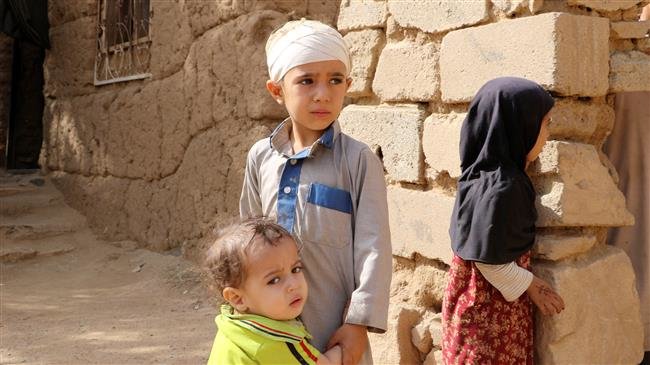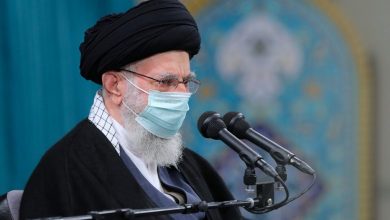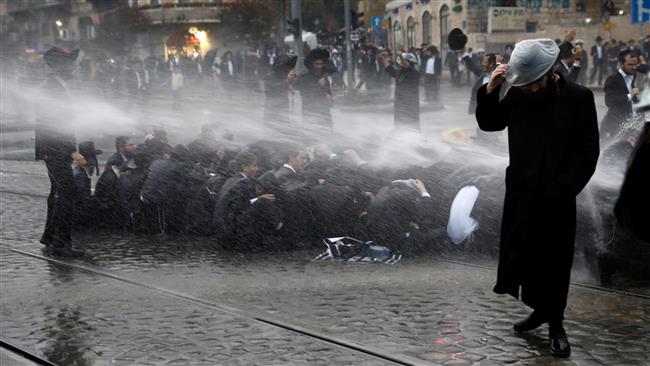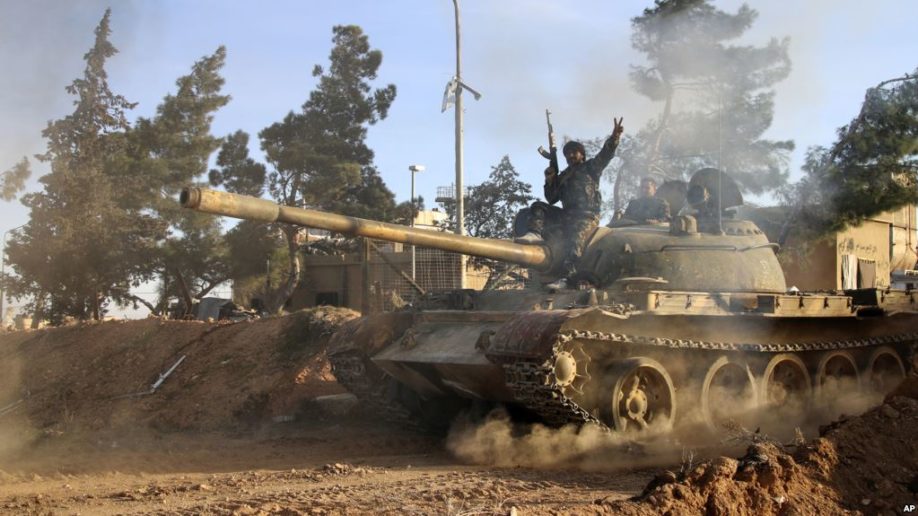Saudi allies in Yemen cut cooperation with UN mission


Saudi Arabia and its allies in Yemen have strongly criticized a UN human rights mission as its mandate comes up for renewal over what they called a biased report on “war crimes” in the country.
Riyadh said on Friday any extension should be a matter for former president Abd Rabbuh Mansur Hadi whose side already announced Thursday that it was ending cooperation with the UN investigation.
The kingdom again took strong issue with an August 28 report, by the panel, which said that Saudi airstrikes had caused “most of the documented civilian casualties” and voiced “serious concerns about the targeting process.”
The Saudi Information Ministry criticized the “inaccuracy of the information in the report, which was derived from non-governmental organizations and the testimonies of some persons whose circumstances are unknown.”
A statement carried by Yemen’s Saba news agency on Friday said Hadi’s side “refuses to extend the mission’s mandate because its findings, outlined in the report, did not meet the standards of professionalism and impartiality or the basic principles of the United Nations.”
Saudi Arabia launched the war on Yemen with the aim of bringing the Hadi government back to power and crushing the country’s popular Houthi Ansarullah movement.
Some 15,000 Yemenis have been killed and thousands others injured since the onset of the Saudi aggression.

More than 2,200 others have died of cholera, and the crisis has triggered what the United Nations has described as the world’s worst humanitarian disaster.
An estimated five million Yemeni children may not see their next birthday in a war the UN children’s fund has described as a “living hell” for minors, with 18 million of its 29 million population food insecure.
The World Food Program (WFP) warned on Thursday that there “very well could be” famine in remote areas of the country, where the UN’s food agency does not have access.
“Yemen is a disaster and I don’t see any light at the end of the tunnel right now,” WFP’s Executive Director David Beasley told reporters at a closed briefing during the UN General Assembly in New York City.
“Yemen is undeniably the world’s worst humanitarian crisis by far,” said Beasley.




